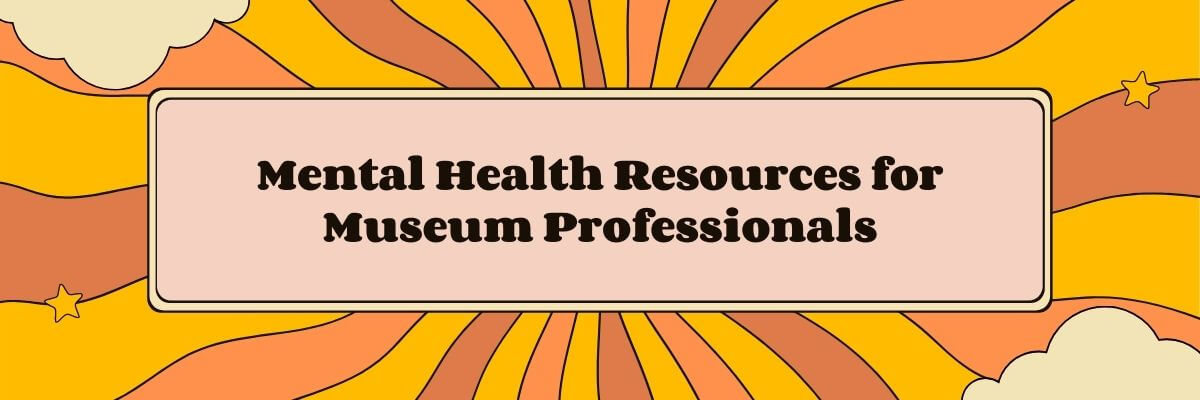
Observed in the U.S. since 1949, Mental Health Awareness Month has become a movement that provides support through education, advocates for better policies, and fights the stigma and discrimination around mental health.
In recognizing May as Mental Health Awareness Month, we are helping to raise awareness among museum professionals and offer support through the sharing of trusted resources. We want to make sure that you are moving forward with a strong, healthy mind. If a tune-up is needed, then you’ve come to the right place! We’ve assembled a list of resources, activities, and podcasts that we believe could be very useful to you as a museum professional, both at this time and throughout the rest of the year. Take a look.

Resources from the National Alliance on Mental Illness
The nation’s leading voice on mental health, the National Alliance on Mental Illness (NAMI), is an alliance of more than 48 State Organizations and 600 Affiliates who work in communities to raise awareness and provide support and education that was not previously available to those in need. For Mental Health Awareness Month in May and Bebe Moore Campbell National Minority Mental Health Awareness Month in July, NAMI will focus on the theme of “You Are Not Alone” through the sharing of weekly blog articles, personal stories, videos, digital toolkits, social media engagements, and the promotion of national events.
Download NAMI’s 2021 You Are Not Alone Awareness Events Guide for more info.
Help NAMI spread the word by downloading and sharing their social media and print graphics here.
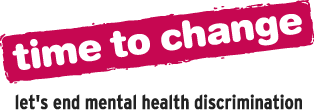
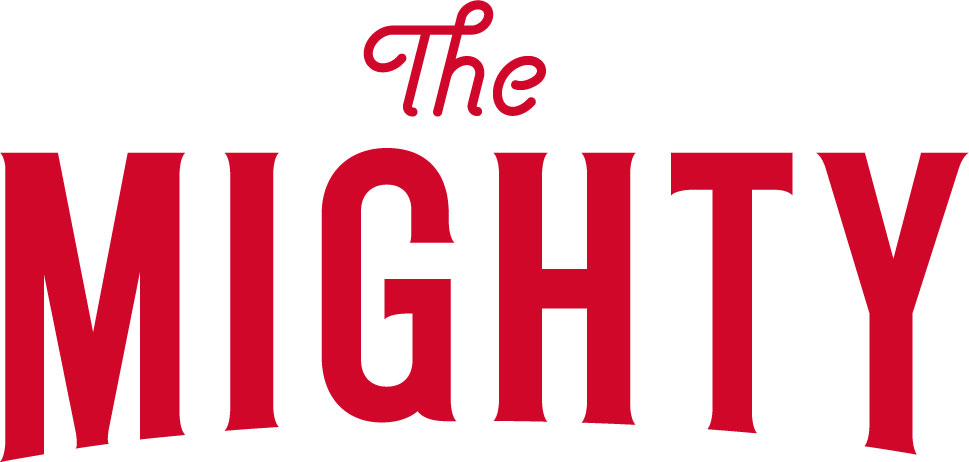
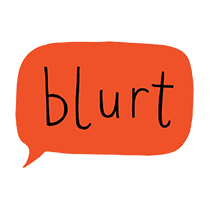
Blogs to Follow on Mental Health
With a community of more than 2 million users, The Mighty is a digital hub created to empower and connect people who are facing mental health issues and disabilities. Its blog features thousands of contributors who have written on an extensive list of 600+ topics including grief, depression, chronic illness, cancer, social anxiety, injuries, eating disorders, arthritis, self-care, and more. Whew! There is definitely a topic for everyone and anyone.
One social enterprise that is encouraging people to talk about depression, is Blurt. Blurt offers resources, support networks, and a blog that covers topics from living with anxiety to supporting someone with depression. If you prefer to listen to rather than read another blog post, Blurt even offers audio recordings (perfect for those late-afternoon walks).
Time to Change, a social movement from 2007-2021 that changed the attitudes and behavior surrounding mental health, has become a valuable online and social media resource full of personal stories. It’s great for anyone craving a sense of community.
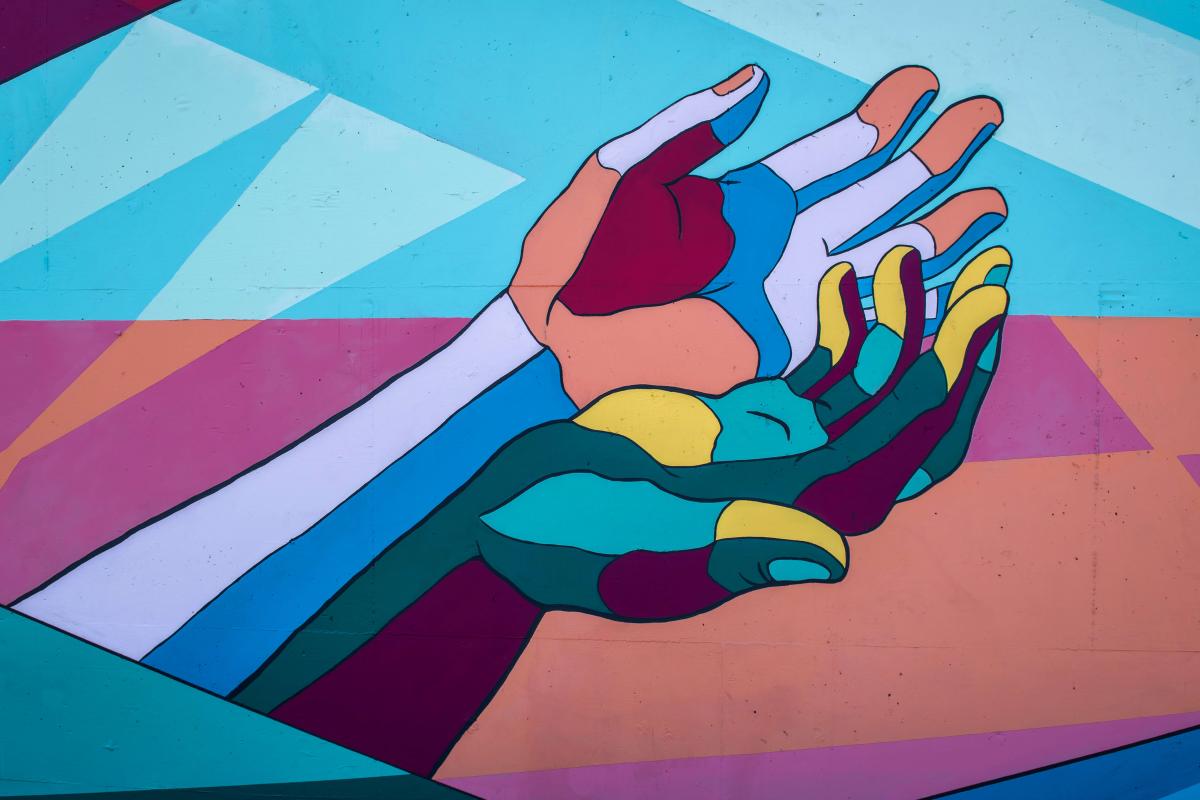
Support Your Mental Health with Art Therapy
Looking for art therapy activities for yourself? For your friend? For your kids? Positive Psychology explores what art therapy is, what it is not, and shares a variety of uniquely fun art therapy ideas and activities suitable for children, teens, and adults. Check out the activities here.
Self.com has asked two art therapists to provide a range of art therapy exercises that are perfect to add to any self-care routine. We can definitely get behind craft-ivism.
Lastly, for an overload of inspiration, we suggest scrolling through the endless assortment of art therapy projects on Pinterest. It’s amazing how creative people can be.
Mental Health Podcasts that are Worth Listening to
- Other People’s Problems hosted by CBC Podcasts and therapist Hillary McBride
- The Gratitude Diaries hosted by Janice Kaplan
- Terrible, Thanks for Asking hosted by Nora McInerny
- Mad Chat hosted by Sandy Allen + a guest
- The Mental Illness Happy Hour hosted by Paul Gilmartin
For additional resources and little moments of Zen, please see WMA’s Self-Care Resources page.
Written by Jessica Noyes, Communications Coordinator, WMA
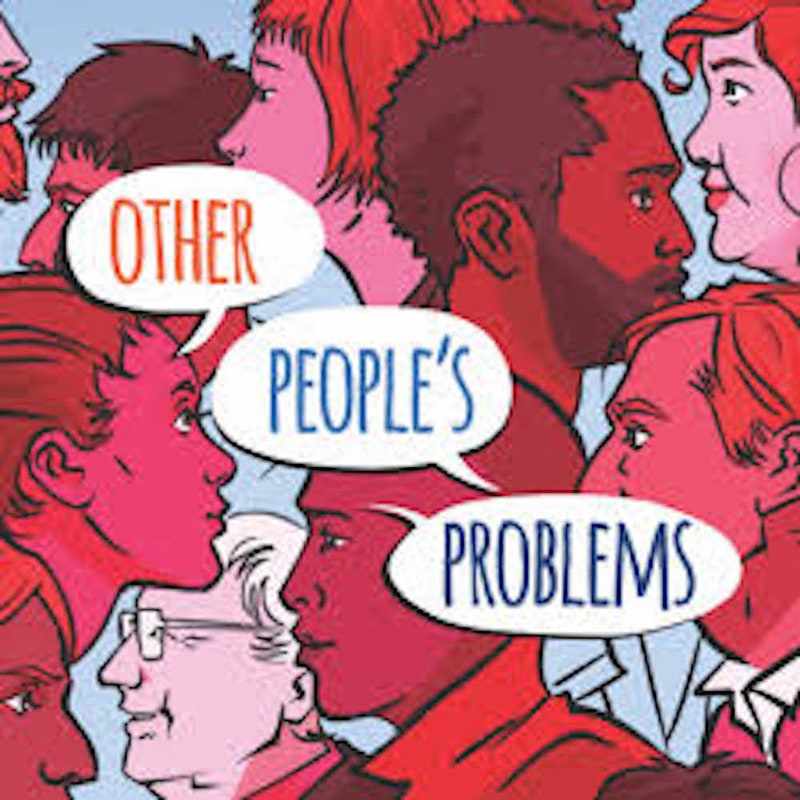
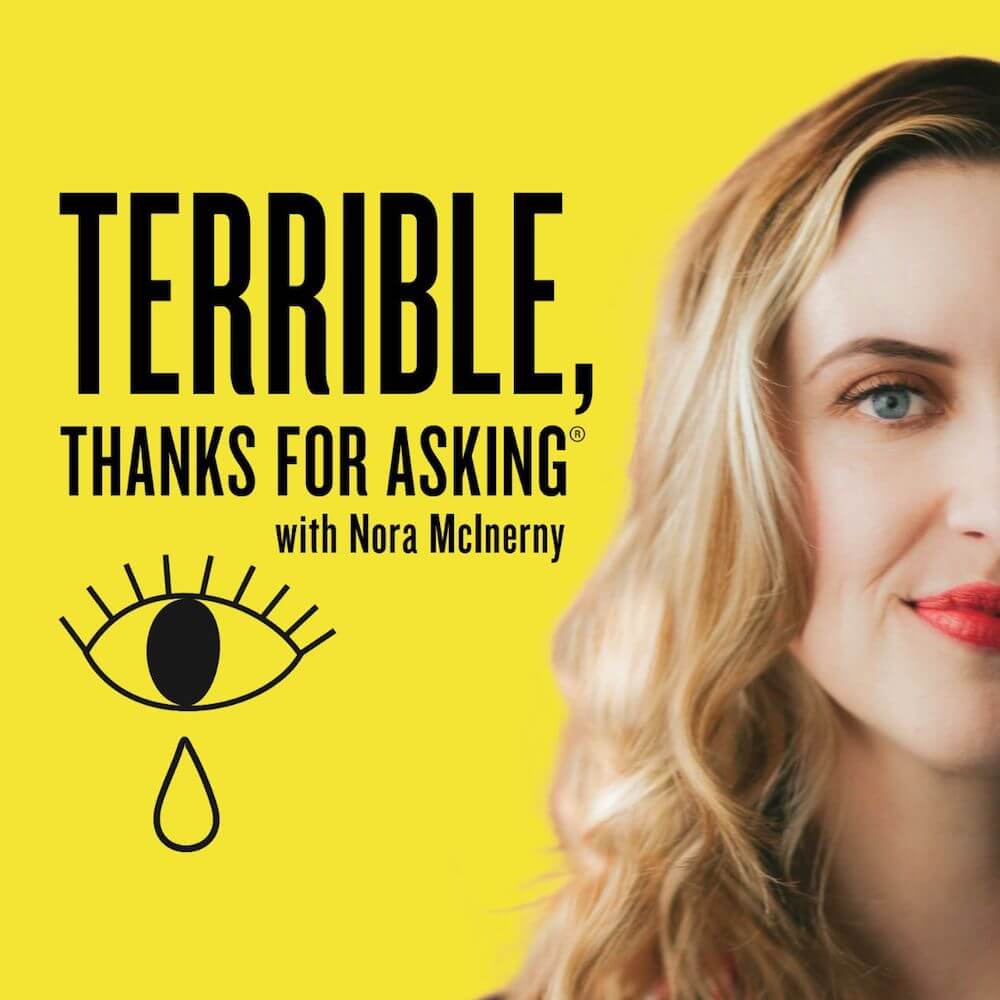
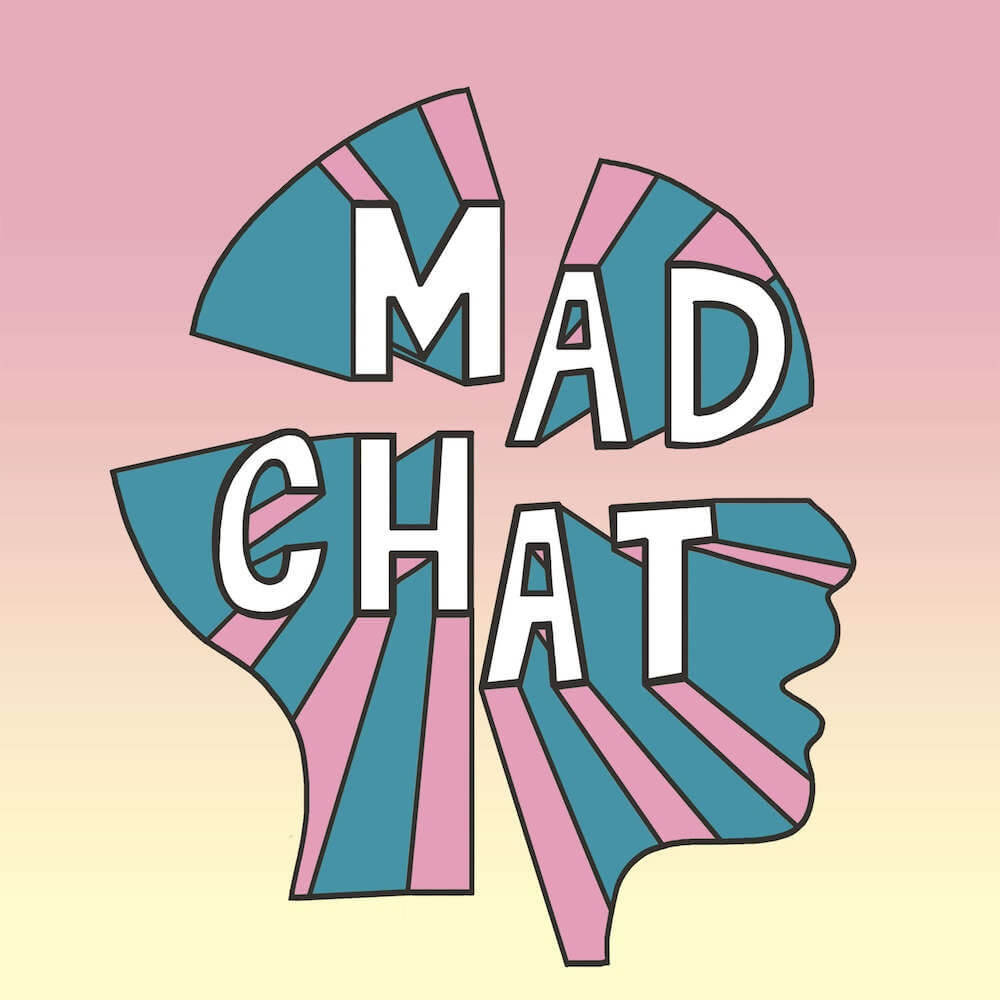
Add new comment